Embarking on the journey of exploring the anti-inflammatory diet has been a transformative experience for me, reshaping not only the way I eat but also how I approach health and well-being. The anti-inflammatory diet is more than just a way of eating; it’s a lifestyle rooted in the principles of nourishing the body with wholesome, nutrient-dense foods that help combat inflammation and promote optimal health. Here are some insights into the key components of the anti-inflammatory diet and the foods that play a crucial role in fighting inflammation:
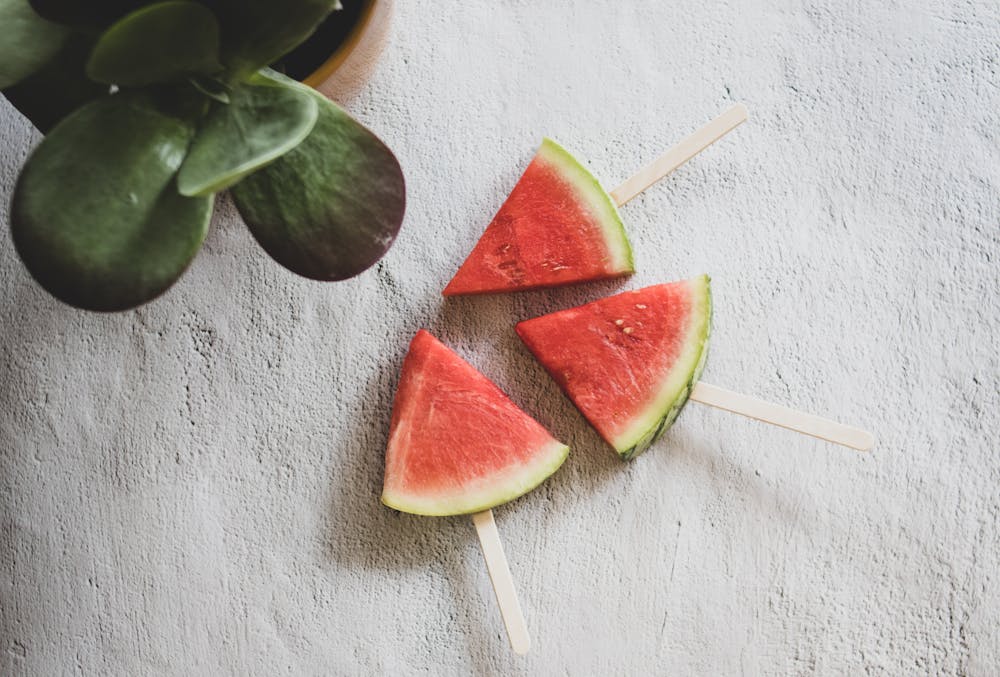 1. **Focus on Whole, Plant-Based Foods:**
1. **Focus on Whole, Plant-Based Foods:**
At the core of the anti-inflammatory diet is an emphasis on whole, plant-based foods that are rich in vitamins, minerals, antioxidants, and phytonutrients. Fruits, vegetables, leafy greens, berries, legumes, nuts, seeds, and whole grains form the foundation of meals, providing essential nutrients that support overall health and help reduce inflammation.
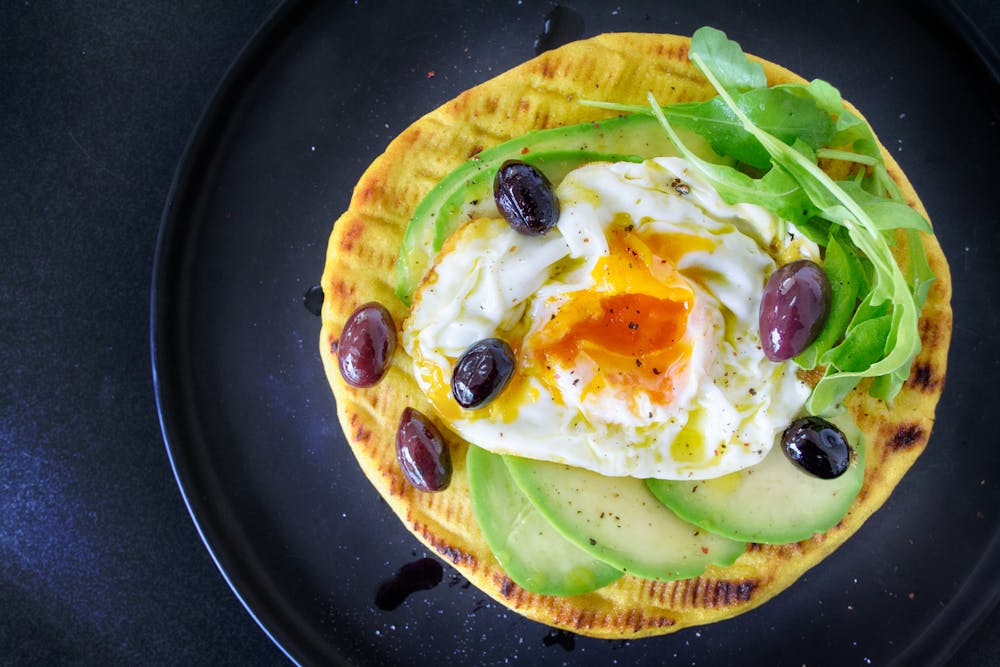 2. **Embrace Healthy Fats:**
2. **Embrace Healthy Fats:**
Healthy fats play a vital role in the anti-inflammatory diet, offering potent anti-inflammatory properties and supporting cardiovascular health. Incorporate sources of omega-3 fatty acids such as fatty fish (salmon, mackerel, sardines), flaxseeds, chia seeds, walnuts, and hemp seeds into your diet to help reduce inflammation and promote heart health.
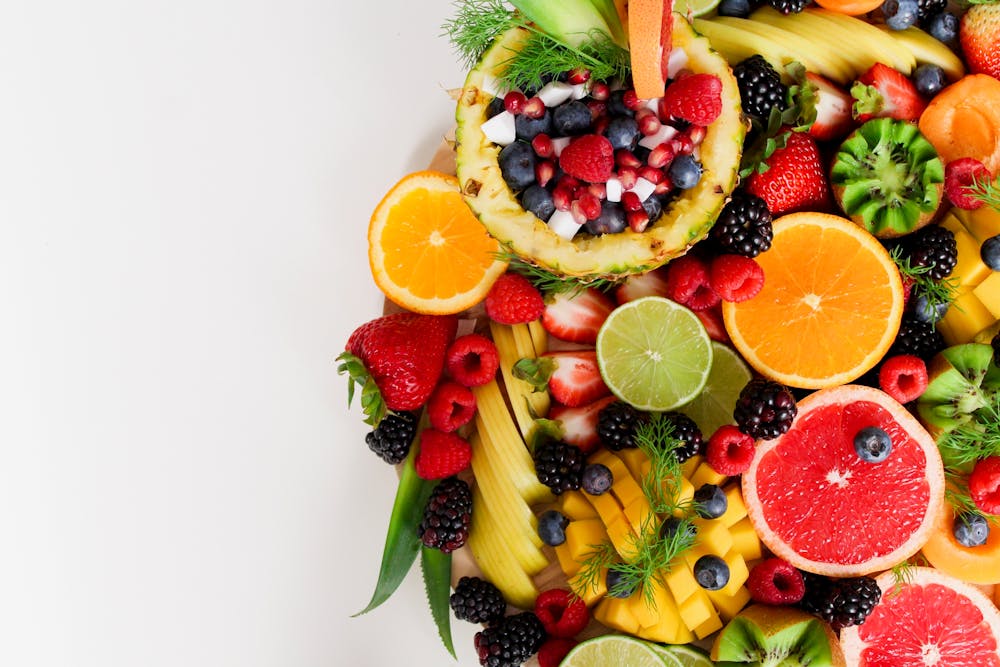 3. **Choose Lean Proteins:**
3. **Choose Lean Proteins:**
Lean proteins are an essential component of the anti-inflammatory diet, providing amino acids necessary for muscle repair, immune function, and overall health. Opt for lean sources of protein such as poultry, fish, tofu, tempeh, legumes, and beans, and minimize consumption of red and processed meats, which can contribute to inflammation.
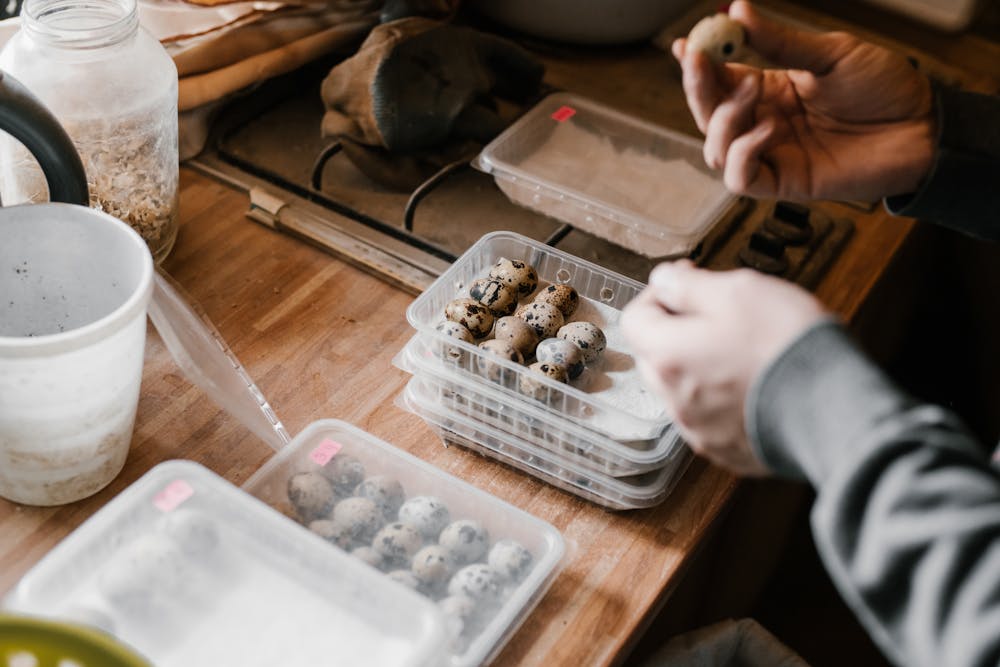 4. **Minimize Processed and Refined Foods:**
4. **Minimize Processed and Refined Foods:**
Processed and refined foods, including sugary snacks, sweetened beverages, refined grains, and processed meats, are known to promote inflammation in the body. Limiting or avoiding these foods in favor of whole, unprocessed options can help reduce inflammation and support overall health.
 5. **Spice It Up with Anti-Inflammatory Herbs and Spices:**
5. **Spice It Up with Anti-Inflammatory Herbs and Spices:**
Herbs and spices not only add flavor and depth to dishes but also boast powerful anti-inflammatory properties. Incorporate herbs and spices such as turmeric, ginger, garlic, cinnamon, rosemary, and oregano into your cooking to help reduce inflammation and enhance the nutritional profile of your meals.
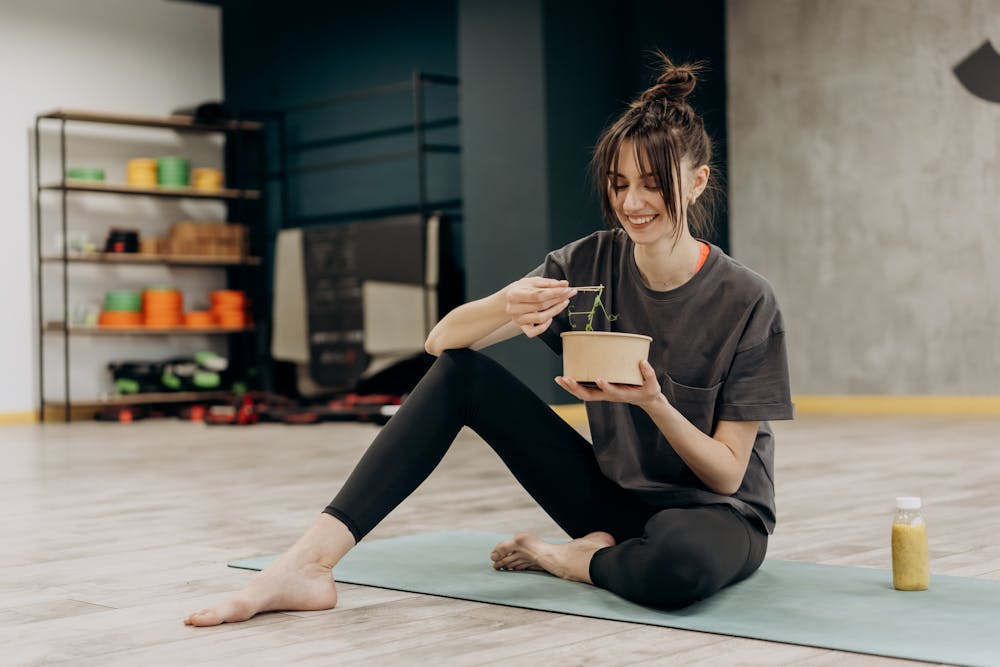 6. **Stay Hydrated with Water and Herbal Teas:**
6. **Stay Hydrated with Water and Herbal Teas:**
Hydration is key to maintaining optimal health and supporting the body’s natural detoxification processes. Drink plenty of water throughout the day and enjoy herbal teas such as green tea, chamomile tea, and ginger tea, which offer hydrating benefits and contain antioxidants that help combat inflammation.
 7. **Mindful Eating and Lifestyle Choices:**
7. **Mindful Eating and Lifestyle Choices:**
In addition to dietary changes, incorporating mindful eating practices and lifestyle choices can further support an anti-inflammatory lifestyle. Manage stress levels through relaxation techniques, prioritize adequate sleep, engage in regular physical activity, and foster meaningful connections with others to promote overall well-being.
 By embracing the principles of the anti-inflammatory diet and incorporating these nourishing foods and lifestyle practices into my daily routine, I’ve experienced firsthand the profound impact it can have on reducing inflammation, supporting immune function, and promoting long-term health and vitality. As I continue on this journey of wellness, I’m inspired to make choices that nourish and heal my body from the inside out, cultivating a vibrant and inflammation-free life.
By embracing the principles of the anti-inflammatory diet and incorporating these nourishing foods and lifestyle practices into my daily routine, I’ve experienced firsthand the profound impact it can have on reducing inflammation, supporting immune function, and promoting long-term health and vitality. As I continue on this journey of wellness, I’m inspired to make choices that nourish and heal my body from the inside out, cultivating a vibrant and inflammation-free life.





